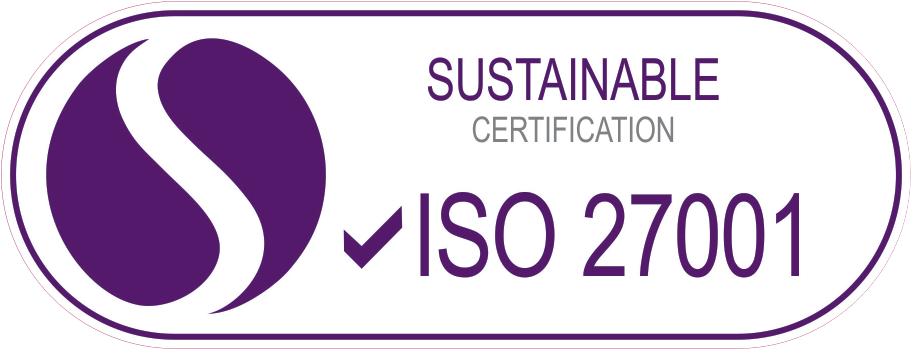In light of the Online Safety Amendment (Social Media Minimum Age) Bill 2024, One Click Services is proud to assure the public that we are fully equipped to address the critical need for robust age verification systems. Our innovative solutions can effectively help platforms comply with new regulations requiring users to be 16 years or older. However, despite our technological prowess, there remains one pervasive issue that no developer, software engineer, or coder has ever managed to resolve: PEBKAC.
For the uninitiated, PEBKAC—“Problem Exists Between Keyboard and Chair”—is the single most glaring vulnerability of all social media platforms. This bug is as old as the internet itself, deeply rooted in human nature, and remains impervious to patches, updates, or clever code.
The Case for Age Verification
At One Click Services, we wholeheartedly support the principles behind the Bill. Restricting social media access to those under 16 is a reasonable step toward safeguarding young minds. As a father and a Chief Technology Officer, I, Nathan Kerr, take a measured approach to technology use in my own home, aligning with industry leaders like Mark Zuckerberg in limiting my children’s screen time.
The arbitrary age of 16 might lack clinical backing—after all, I’m no psychologist—but as someone exposed to the digital world’s vast complexities, I see its merit. It provides a buffer for adolescents to mature before engaging fully with platforms that often amplify the risks of misinformation, cyberbullying, and addictive behaviors.
Managing the Transition
One cannot overlook the transition period as the 12–15-year-olds “age out” over the next four years. This small cohort may present challenges, but for younger generations who have never had access, the new norm will likely be embraced as part of their digital reality. Societal change takes time, but precedent shows that such shifts are possible, especially when implemented with care and consistency.
The real challenge, however, lies in ensuring that age assurance is robust and reliable—not an approximation or guess. Estimation methods risk undermining the entire system, leading to compliance issues and exposing children to the very harms these measures seek to prevent. Thankfully, Australia’s Gateway Service Providers, like One Click Services, are equipped with APIs capable of securely verifying ages without oversharing sensitive data or penalizing those without traditional ID.
A Call to Action: Fixing the Unfixable?
But let’s return to the unfixable vulnerability: PEBKAC. While technology can regulate access, it cannot regulate human behavior. Parents sharing their accounts, teenagers finding clever workarounds, or users willfully providing false information—all are classic PEBKAC scenarios. No software in the world can address the human element with 100% accuracy.
The solution lies in education and cultural change. By normalizing stricter age-based restrictions and fostering a sense of accountability among users, we can collectively reduce the impact of PEBKAC. Technology can act as the gatekeeper, but society must ensure the gates are respected.
Moving Forward Safely
For the Online Safety Amendment to achieve its goals, we must balance security, privacy, and accessibility. Australians will need to verify their accounts, and we must ensure this process is safe and non-invasive. One Click Services’ approach emphasizes minimizing data collection and safeguarding personal information. By leveraging our secure systems, we can provide seamless compliance without unnecessary complexity.
As we embark on this new chapter of online safety, let’s remain realistic about the role technology can play. While we tackle the technical challenges, we must also address the human factors that no amount of code can solve. Together, we can create a safer, more responsible digital landscape—PEBKAC and all.
Nathan Kerr
Chief Technology Officer
One Click Group

